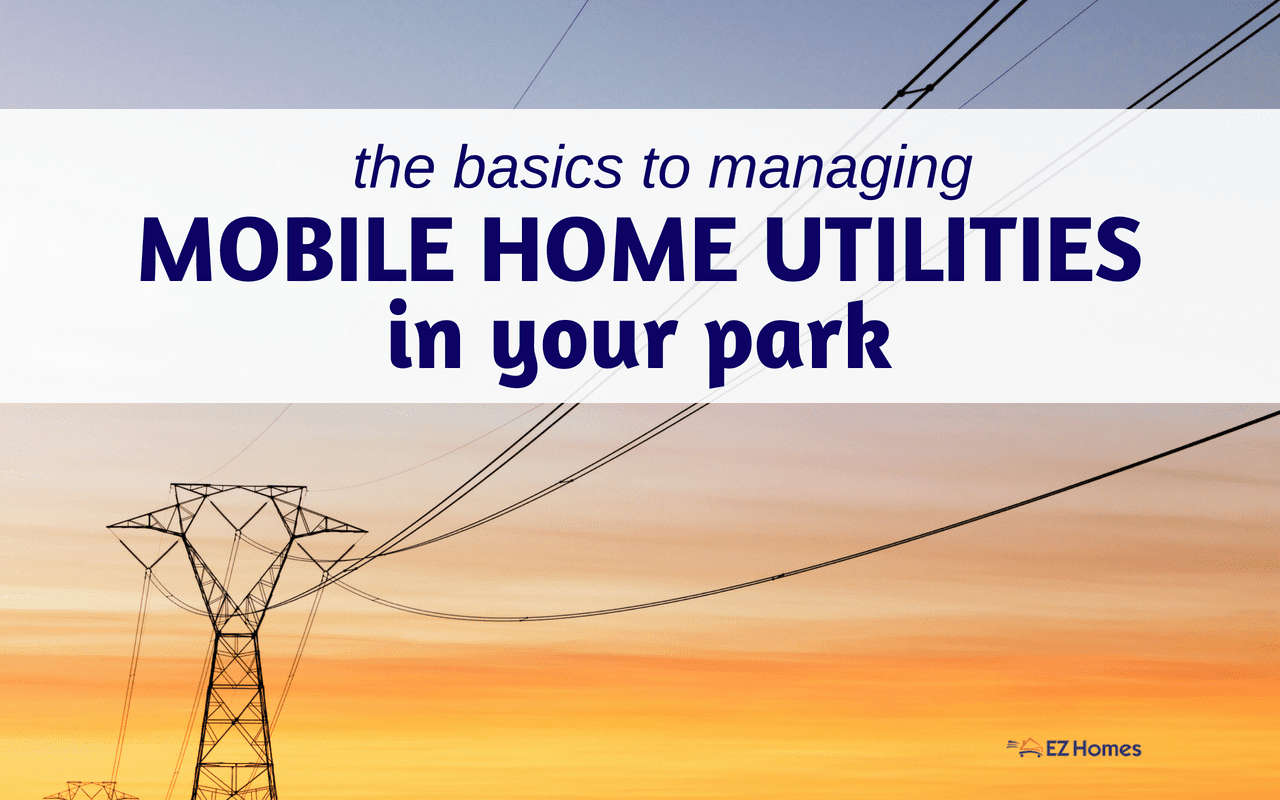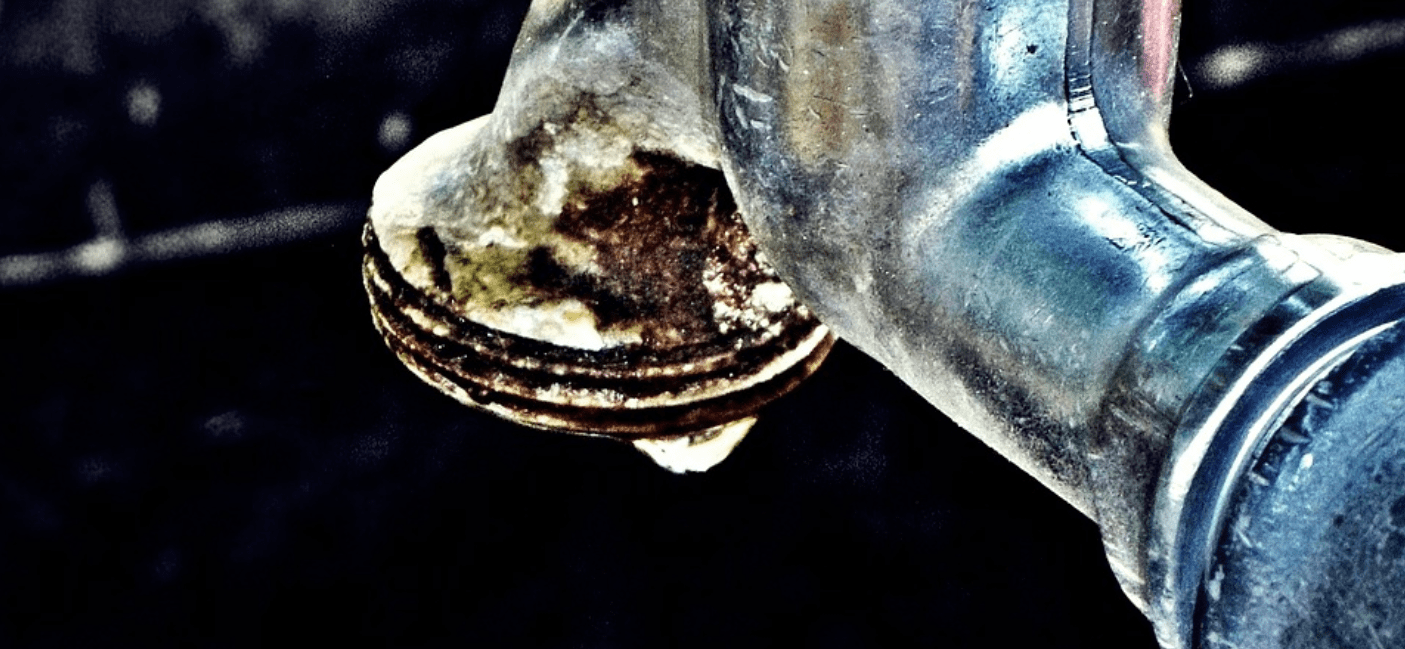Managing a mobile home park comes with multiple hats to juggle. For example, you have to deal with the management of the mobile home utilities available to your park residents. It’s important to clearly understand where the responsibilities of the resident and management lie.

Who’s responsible for what? Utilities are important to the everyday life of your park. You don’t want to drop the ball on your responsibility to keep things running, but you also need to be clear on where your residents must take the helm.
So today we’re giving you a basic run down to managing mobile home utilities in your park.
The basics to managing mobile home utilities in your park
Because mobile home utilities are essential to the life and activity of any mobile home park, it’s great that you’re here. It’s a topic to take seriously. Let’s begin by listing and examining the most basic and common utilities found in any park.
Gas utilities
There are many uses for natural gas. It can be used for space heating, water heating, stoves, ovens, clothes dryers, lighting fixtures and more.
At the very least, natural gas will be the power behind your stove, water heater, and space heating. The natural gas will likely run from a natural gas line that will need to be hooked up to each mobile home.
Water utilities
In most cases, a mobile home park will be hooked up to city water. It should be clearly stated in the lease who is responsible for payments on the water utilities, as well as other utilities.

Electric utilities
As far as electric utilities go, this is what’s responsible for the power that comes through outlets, lighting, etc.
Who’s responsible for utility hookup?
Unless the mobile home belongs to your park, it’s the tenant’s responsibility to have the park utilities hooked up to their mobile home. They will need professionals to safely and properly install the mobile home and connect the utilities.
If the mobile home itself is not your property, then it’s not up to you to flip the bill for a utility installation. It’s in the hands of your tenant to get the job done.
What you can do is provide your tenants with contact information for reliable mobile home installers. Keep a printed sheet handy to give out to your tenants upon signing the lease agreement.
Who’s responsible for utility problems?
In the event that the utilities are not functioning in the park, it’s management’s responsibility to get in touch with the utility providers. You’re basically a bridge between the provider and the park. Remember, if it’s your property, it’s your responsibility. The utilities are part of your property, but the use of the utilities will likely be paid for by the tenant (in many cases).
On that note, if the problem is not with the park’s utilities, but rather the mobile home itself, then it’s not your responsibility. Again, it’s not your responsibility if the tenant owns the mobile home. The tenant will need to reach out to the appropriate repairman to fix the issue with his or her mobile home.
This is why the lease agreement is important. You need to be clear on what and where the appropriate jurisdictions lie.
Submetering is a landlord’s best friend
Here’s why submetering park utilities is going to be a winning feature of your mobile home management system.
By and large, most utilities are charged based on the reading of the master meter in your park. This poses a problem for the landlord. How do you know how much to charge each mobile home tenant?
Instead of charging a flat rate for utilities, you can be more precise on billing your tenants. It encourages the responsible use of utilities.

Submetering also means that water leaks will be reported in a timely manner if the tenant knows the leak damage will be on his dime. Energy conservation is another perk to having residents pay for their utility bills.
Additionally, it allows you to bring your rental rates down because you’re not taking utilities into account.
Keep it simple
Managing mobile home utilities doesn’t have to be a daunting task. Know your responsibilities and know your tenant’s responsibilities. Make things better for both you and your tenants by including a sub-metering system in your mobile home park set up. It will bring costs down for everyone. And finally, be clear in your lease agreements. Make it known who is responsible for what and when your tenants will be billed.
If you’re a looking to rent a lot, here are some of the five main factors what will affect set up costs for your manufactured home.


